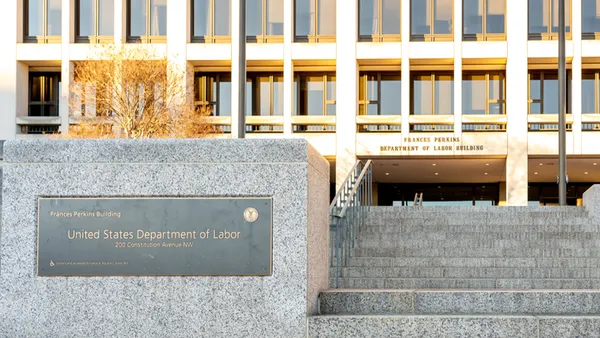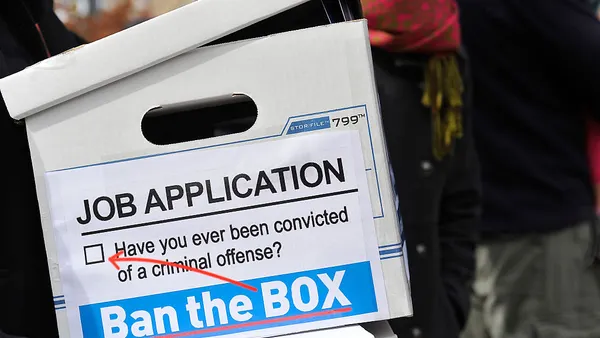Dive Brief:
- Celebrity Cruises, Inc. cannot compel arbitration in a former employee’s sexual assault case, a federal judge ordered Monday in the U.S. District Court for the Southern District of Florida (Jane Doe (J.K.) v. Celebrity Cruises, Inc.).
- The plaintiff, who was working as a sommelier aboard the Celebrity Edge in October 2023, alleged that she joined co-workers at the staff bar after work, had two drinks and later woke up in the middle of being raped in a crewmember’s cabin, according to court documents.
- After the worker filed a lawsuit, Celebrity moved to compel arbitration, pointing to arbitration provisions included in the worker’s employment agreement. However, the plaintiff said that motion should be denied due to the Ending Forced Arbitration of Sexual Assault and Sexual Harassment Act, per the order. Celebrity did not immediately respond to a request for comment.
Dive Insight:
The Federal Arbitration Act confers the right to include mandatory arbitration agreements in contracts. However, President Joe Biden signed the EFAA into law in March 2022; the law prohibits employers from forcing arbitration for sexual assault and sexual harassment, allowing those who make such allegations to file lawsuits and talk publicly about their experiences.
Celebrity argued that the court shouldn’t be able to decide if the case can be arbitrated under the EFAA because the employment agreement gives the initial question of arbitrability to an arbitrator. But the EFAA explicitly states that the applicability of the law to an agreement “shall be determined by a court, rather than an arbitrator … irrespective of whether the agreement purports to delegate such determinations to an arbitrator,” Judge Rodolfo A. Ruiz II wrote in the order.
Celebrity also argued that the plaintiff’s claims didn’t fall under the EFAA because they hadn’t “triggered the statute’s scope” by alleging violation of a specific state, federal or tribal law that prohibits sexual assault. The court rejected that interpretation “because it reaches beyond the statute’s plain meaning and hinges on interpretations of EFAA provisions that are inapplicable to this case.”
“Congress wrote the EFAA to apply when a plaintiff alleges a sexual assault dispute, not, as Defendant submits, when a plaintiff pleads a specific sexual assault claim, let alone a violation of a law explicitly prohibiting sexual assault,” Ruiz II wrote. “Congress specifically chose to refer to disputes rather than claims in the EFAA, and there is no indication that Congress limited the applicability of the EFAA to claims brought under ‘qualifying statutes’ that use magic words to summon the EFAA’s applicability.”
The judge highlighted another recent case against Celebrity, Bulic v. Celebrity Cruises, Inc., in which a cruise ship employee alleged she was sexually assaulted by the ship’s restaurant manager. In that case, which Ruiz characterized as “a case presenting almost identical facts as this action,” Celebrity also tried to compel arbitration, but the court denied the motion.















